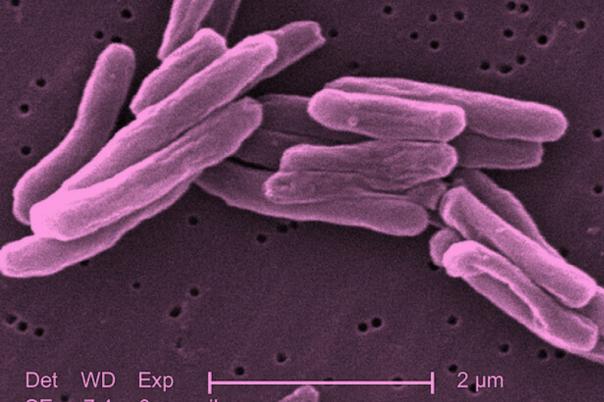Sergey Nikolaev presented an integrative analysis of genomics and transcriptomics within the META-PRISM cohort, focusing on refractory cancers. The META-PRISM study involved over 1000 patients with metastatic incurable diseases, aiming to analyse molecular profiles and uncover associations between genetic markers and treatment resistance. The cohort included patients with a median age of 60 years and a median survival rate of 8 months, highlighting the aggressive nature of the cancers involved.
Patients had undergone an average of four lines of treatment prior to biopsy, with some cancer types, such as breast cancer, receiving up to nine lines of therapy. The study performed whole exome sequencing and transcriptome sequencing to understand the genetic profiles of various tumour types. It was found that metastatic cancers had a higher tumour mutational burden compared to primary tumours, particularly in cancers with initially low mutational burdens. Additionally, 60% of tumours in the META-PRISM cohort underwent whole genome duplications, a significantly higher proportion than in the TCGA cohort.
The analysis also revealed that 35% of tumours had functional gene fusions, with significant enrichment of tumour suppressor genes compared to primary tumours. The study explored the potential of genetic markers to improve survival predictions, finding that TP53 mutations were associated with worse survival outcomes, particularly in breast cancer. Despite the enrichment of resistance markers in the META-PRISM cohort, the understanding of resistance mechanisms to most drugs remained limited.
In conclusion, the META-PRISM cohort provided valuable insights into the genetic and transcriptomic landscape of refractory cancers. The findings highlighted the increased genomic instability and incidence of oncogenic alterations in metastatic tumours. While genetic markers showed potential in improving survival predictions for certain cancer types, the study underscored the need for further research to fully understand resistance mechanisms and develop more effective treatments. Sergey Nikolaev expressed gratitude to all collaborators, clinicians, and bioinformaticians who contributed to the study.





